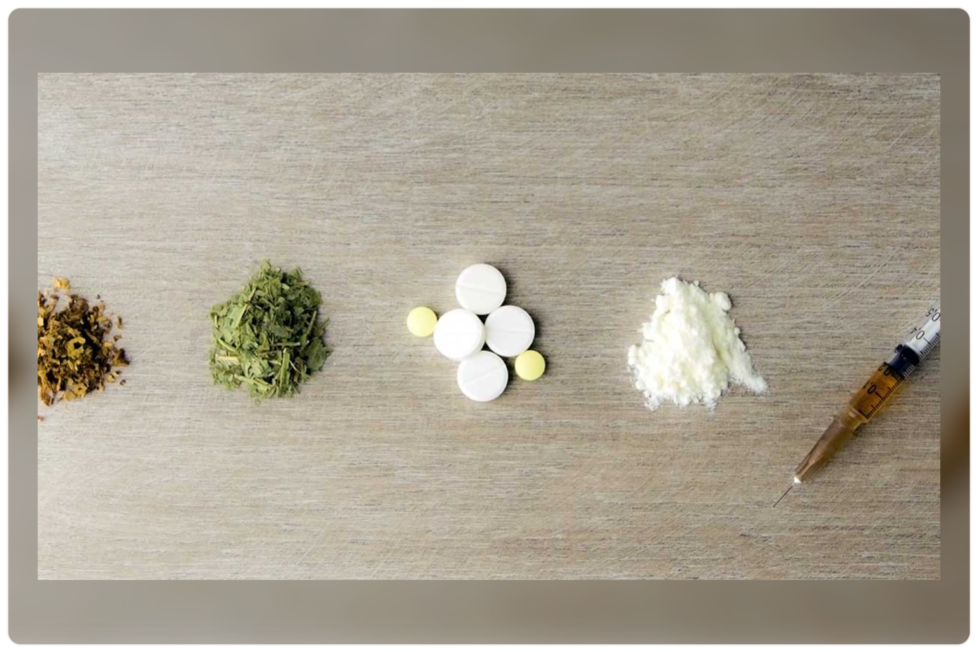10 steps to help prevent teen substance abuse


As our youth head back to school this month, there are many temptations that they will encounter, and we want to make sure we keep them on the right path. During the middle and high school years, many teens begin to experiment with alcohol or other drugs. While it may be common, teen drug abuse poses serious health risks, including drug addiction – also called substance use disorder. As a parent, here are 10 steps you can take to help protect your child from substance abuse.
You might assume that your child knows you want them to avoid drugs. In most cases, though, children and adolescents need clear rules. Describe your expectations, which may include: avoiding drug use of any kind, not spending time with people who use drugs, immediately leaving parties or other events where people are using drugs and never getting in a vehicle with a driver who’s drunk or high.
It’s a parent or guardian’s responsibility to educate teens on the negative consequences of substance abuse, which may include: relationship problems, poor school performance, poor decision-making skills (which can lead to risky behaviors like drunk driving and unprotected sex), impaired brain development and health problems like heart disease, depression, and sleep disorders.
Although it might not always seem like it, teens pay attention to their parents’ behavior. If you abuse alcohol or other drugs, your child will likely follow your lead. Make an effort to model healthy behavior instead.
When your teen leaves the house, ask where they’re going and what they’ll be doing. If a situation sounds risky (such as an unsupervised party), suggest a different activity. Also, get to know your child’s friends. If they abuse drugs, they might pressure your child to do the same. Encourage your teen to only associate people who share your family’s views on substance abuse.
Many teens turn to drugs when they feel alone or neglected. You can help your child stay drug-free by spending more time together. Make time for regular conversations without phones, TV, or other distractions. Listen to your child’s thoughts and feelings and provide support when necessary. The closer your teen feels to you, the more likely they are to approach you when they’re struggling, instead of turning to drugs.
[SCROLL BREAK!!! Bayou Beat News can also be found in PRINT at a store near you. Click the link below to check out our E-Edition!]
Unfortunately, boredom is one of the main risk factors for substance abuse. That’s why you should encourage your child to stay busy with after-school activities and hobbies. In particular, encourage activities that promote overall wellness, such as physical activities or arts and crafts. Along with keeping your teen occupied, these endeavors can boost relaxation and self-esteem. A calm, confident teen is much less likely to abuse drugs than other teens.
Young people often start using drugs due to peer pressure. They may feel uncomfortable with drug and alcohol use but don’t know how to say “no.” That’s why you should teach your child to refuse drugs by giving reasons or making excuses. Effective excuses include:
While some teens get introduced to drugs while out with friends, others find drugs at home. Make your home a safe haven by hiding any alcohol. Also, take inventory of all prescription and over-the-counter medications so you’ll know when any substances go missing.
You should also hide or take inventory of inhalants. Inhalants are household items that some people (mainly children, teens, and young adults) inhale to get high. They include: hairspray, deodorant spray, spray paint, vegetable oil spray, aerosol computer cleaning products, whipped cream cans, glue, paint thinners or removers
Like adults, teens often use drugs to deal with stress. That’s why it’s important to teach your child healthier ways to relax, such as journaling, taking a bath, listening to music, reading a book, meditating, napping, playing with a pet and spending time with loved ones. Your teen can also stave off stress by getting regular exercise, eating a well-balanced diet, and sleeping at least eight hours a night.
Teens who live with mental illnesses like depression, post-traumatic stress disorder, and schizophrenia face a much higher risk of substance abuse than teens who don’t. Thus, you should keep an eye on your child’s mental health. If you notice any mood or behavioral changes, such as persistent sadness or sudden withdrawal from friends and family, talk to your child’s health care provider. If the doctor suspects mental illness, they’ll likely refer you to a mental or behavioral health professional.
For more information and additional resources, visit www.arkbh.com.
